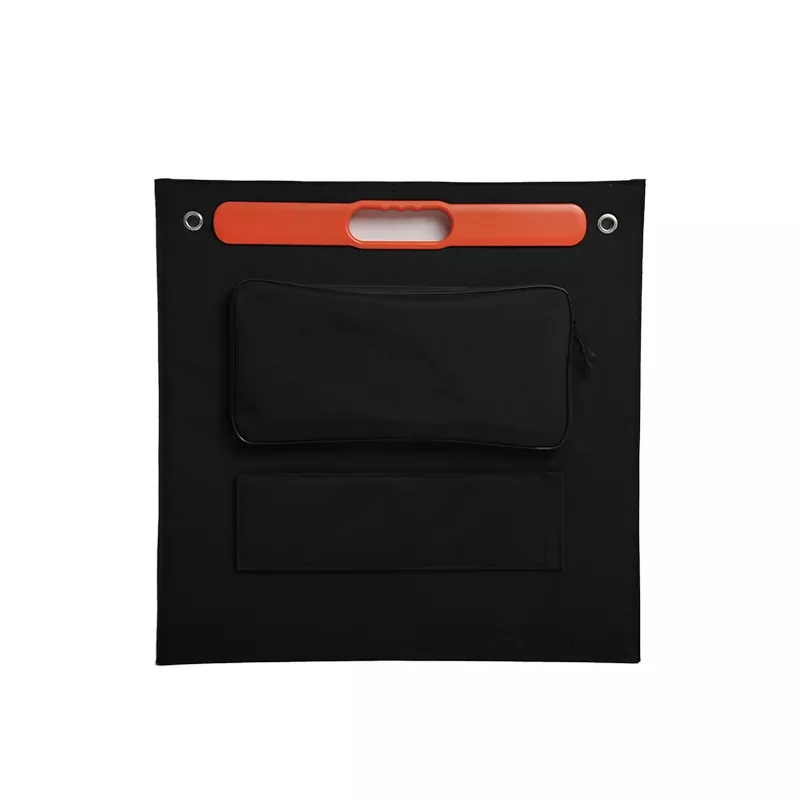Precautions for using Portable Folding Solar Panel
2023-10-17
When using a portable folding solar panel, it's important to take certain precautions to ensure safety, maximize performance, and prolong the lifespan of the panel. Here are some key precautions to consider:
1. Read the manufacturer's instructions: Familiarize yourself with the manufacturer's instructions and guidelines for using the specific portable folding solar panel you have. Each panel may have unique specifications and requirements that should be followed.
2. Check the electrical compatibility: Ensure that the portable folding solar panel's output voltage and current are compatible with the devices or batteries you intend to charge. Using incompatible devices may cause damage to the equipment or the solar panel.
3. Positioning and sunlight exposure: Place the solar panel in a location where it can receive maximum sunlight exposure throughout the day. Avoid shading the panel with objects like trees, buildings, or other obstacles that can reduce its efficiency. Regularly adjust the panel's position or angle to track the sun's movement for optimal sunlight capture.
4. Electrical connections: Double-check the connections between the solar panel, charge controller (if used), and the devices or batteries being charged. Ensure that the connections are secure, tight, and properly insulated to prevent power loss, damage, or electrical hazards.
5. Safety during setup: Take precautions while setting up the portable folding solar panel. Avoid touching the exposed metal parts of the panel while it is exposed to sunlight, as they can become hot. Be cautious when handling electrical components and make sure to follow proper electrical safety practices.
6. Weather conditions: While portable folding solar panels are designed for outdoor use, it's important to consider weather conditions. Protect the panel from extreme weather, such as heavy rain, hail, or snow, unless it is specifically designed to withstand such conditions. In cases of inclement weather, it may be best to fold and store the panel safely.

7. Cleaning and maintenance: Keep the solar panel clean and free from dust, debris, or any shading that can reduce its efficiency. Follow the manufacturer's instructions for cleaning and maintenance to prevent damage to the panel. Avoid using harsh chemicals or abrasive materials that can scratch the surface.
8. Electrical safety: If using a charge controller or connecting devices or batteries, ensure that they are designed to handle the power generated by the solar panel. Follow proper electrical safety practices and precautions, such as using appropriate circuit protection, grounding, and insulation.
9. Use in appropriate environments: Portable folding solar panels may have specific environmental limitations. Check the manufacturer's guidelines to ensure the panel is suitable for the intended environment. Avoid exposing the panel to water or moisture unless it is designed for such conditions.
10. Regular monitoring: Periodically monitor the performance of the portable folding solar panel and the charging status of the connected devices or batteries. This will help identify any issues or deviations from expected performance and allow for timely troubleshooting.
By following these precautions, you can safely and effectively utilize a portable folding solar panel, maximize its performance, and ensure a longer lifespan. Always prioritize safety and adhere to the manufacturer's guidelines and instructions for the specific panel you are using.


